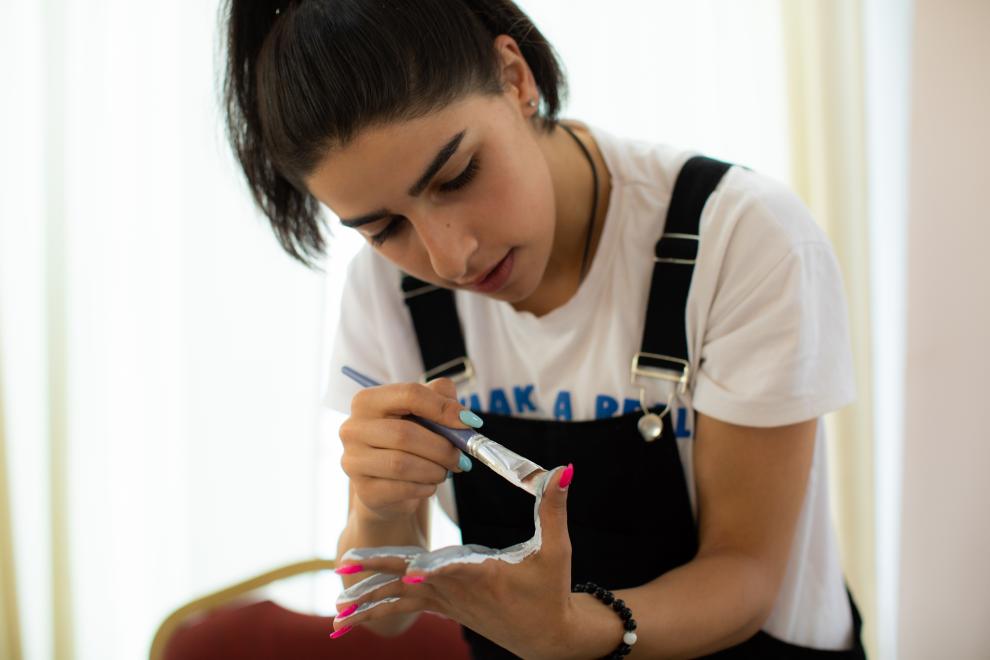Basic Life Skills Curriculum was developed by UNICEF in close collaboration with the Ministry of Youth and Sport of Azerbaijan to provide youth with new knowledge and the opportunity to apply novel skills in a safe environment for the successful transitioning to the adulthood. The Basic Life skills provides readily available tools to deal with challenges/demands of daily lives the youth face, from managing their emotions to make an informed decision.

It also helps develop learners’ personality, talents, and mental and physical abilities, and realize their true potential through learning to know oneself and others, and make effective decisions to live harmonically together in the society. The program is for people from 10 to 24 years old coming to Youth House, where the Basic Life Skills program is organized to create a healthy condition to support and promote youth initiatives.

Through life skills education, young generations are equipped with foundational skills necessary for transitioning to productive adulthood; manage stress; learn to deal with difficult emotions; practice positivism; improve self-esteem; feel empathy; learn to listen to others carefully; learn to set personal boundary; handle dispute well; find balance between priorities and demands; communicate confidently; set goals; make decisions; solve problems; think critically and creatively; use executive functional skills; and learn to bounce back from adversity.
The program includes a total of 16 topics to explore. The course will have 2 lessons that will be taken in one week and last for 8 weeks. Each lesson is designed with a duration of 90 minutes for discussion, activity and group work.

16 topics categorized into 3 main categories:
- Self-awareness – knowing and living with oneself: This theme covers topics that foster the student’s relationship and under- standing of themselves including their thoughts, feelings and behaviors.
- Interpersonal Skills – knowing and living with others: The lessons in this theme explore how to establish healthy, respectful relation- ships; lessons highlight the use of non-violent communication, assertiveness and dispute resolution.
- Thinking Skills – making effective decisions: The skills taught in this theme include concrete ways of thinking and executing tasks so that youth will make effective decisions, set relevant goals, and be informed consumers of information.
According to unicef.org














